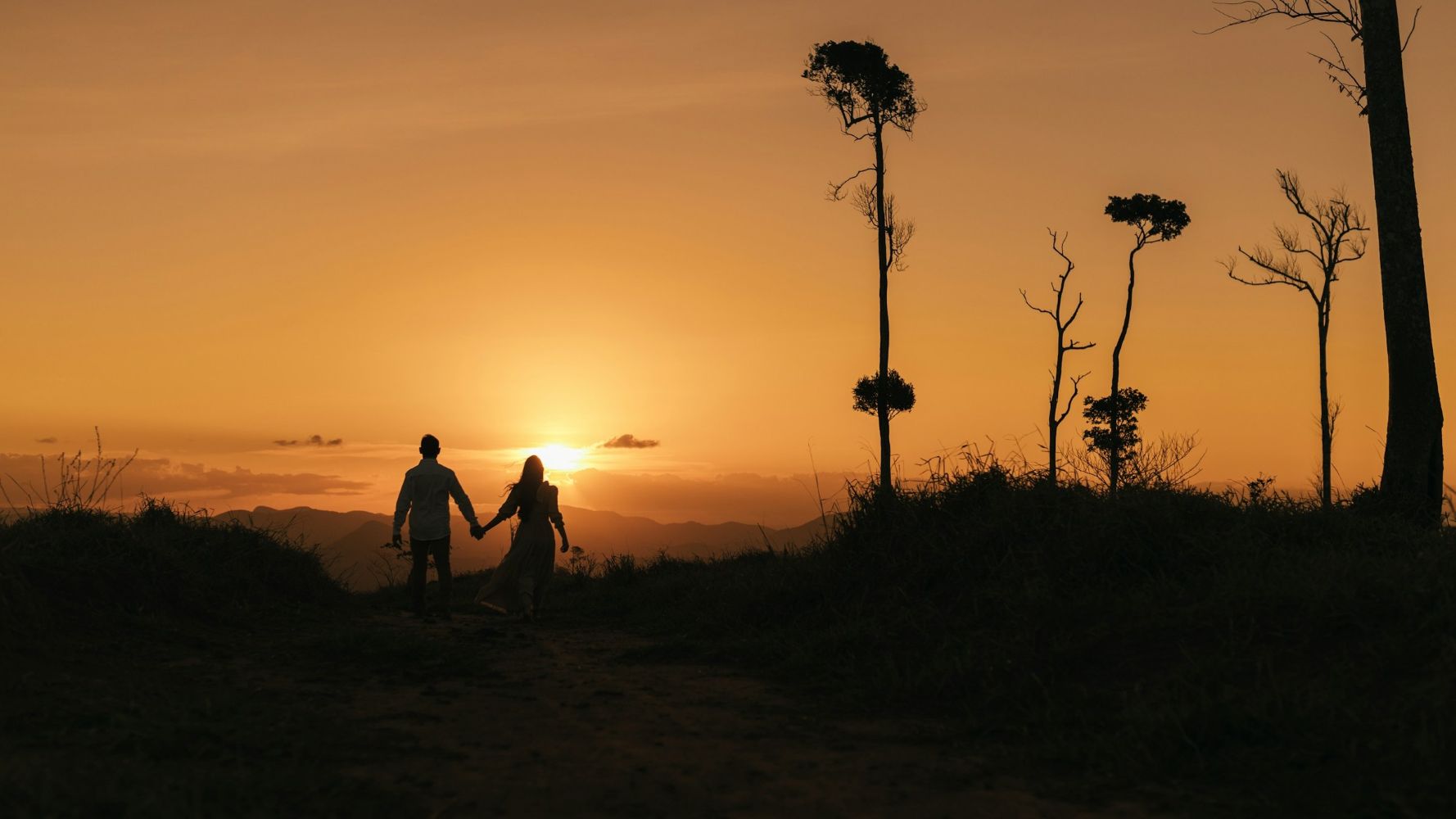ging is no longer an issue for tomorrow. The “over–60” population group is growing faster than any other age group, globally. In Africa, the size of this demographic is expected to triple by 2050. While often seen as a public health success, this shift brings complex challenges—straining healthcare systems, exposing deep inequalities, and highlighting the limitations of current care models.
Traditional approaches have focused on biomedical solutions such as more screenings, better diets, and advanced treatments. While powerful, these often overlook the social realities in lower–income regions. In Africa, aging is shaped more by cultural and community factors than access to high–tech care.
Harm reduction offers a new lens. Adapted from drug and HIV interventions, it promotes practical, gradual improvements rather than idealized outcomes. When applied to aging, it focuses on supporting independence and improving quality of life based on real–world conditions.
This philosophy is already in action. In rural Kenya, health workers monitor seniors for chronic illnesses like diabetes and hypertension through existing outreach. Rwanda uses text reminders to help older adults stay consistent with medications. Moroccan cities are adding age–friendly features—benches, ramps, shaded walkways—to public spaces.
Grassroots initiatives are also tackling emotional and cognitive decline, which often escapes official health data. In Nigeria, religious groups provide food and companionship to isolated elders. In Senegal, intergenerational storytelling strengthens mental wellbeing and social connection. These efforts are affordable, culturally grounded, and easily scalable.
For African nations, adopting harm reduction as a policy for aging is both sensible and transformative. It reframes aging not as a problem to solve, but as a meaningful life stage that deserves thoughtful, empathetic support.
As the world races to extend life expectancy, Africa may offer a more holistic approach—one where longevity is nurtured not just by medicine, but by community, tradition, and collective care.
Source link
#harm #reduction #support #Africas #longevity #future
